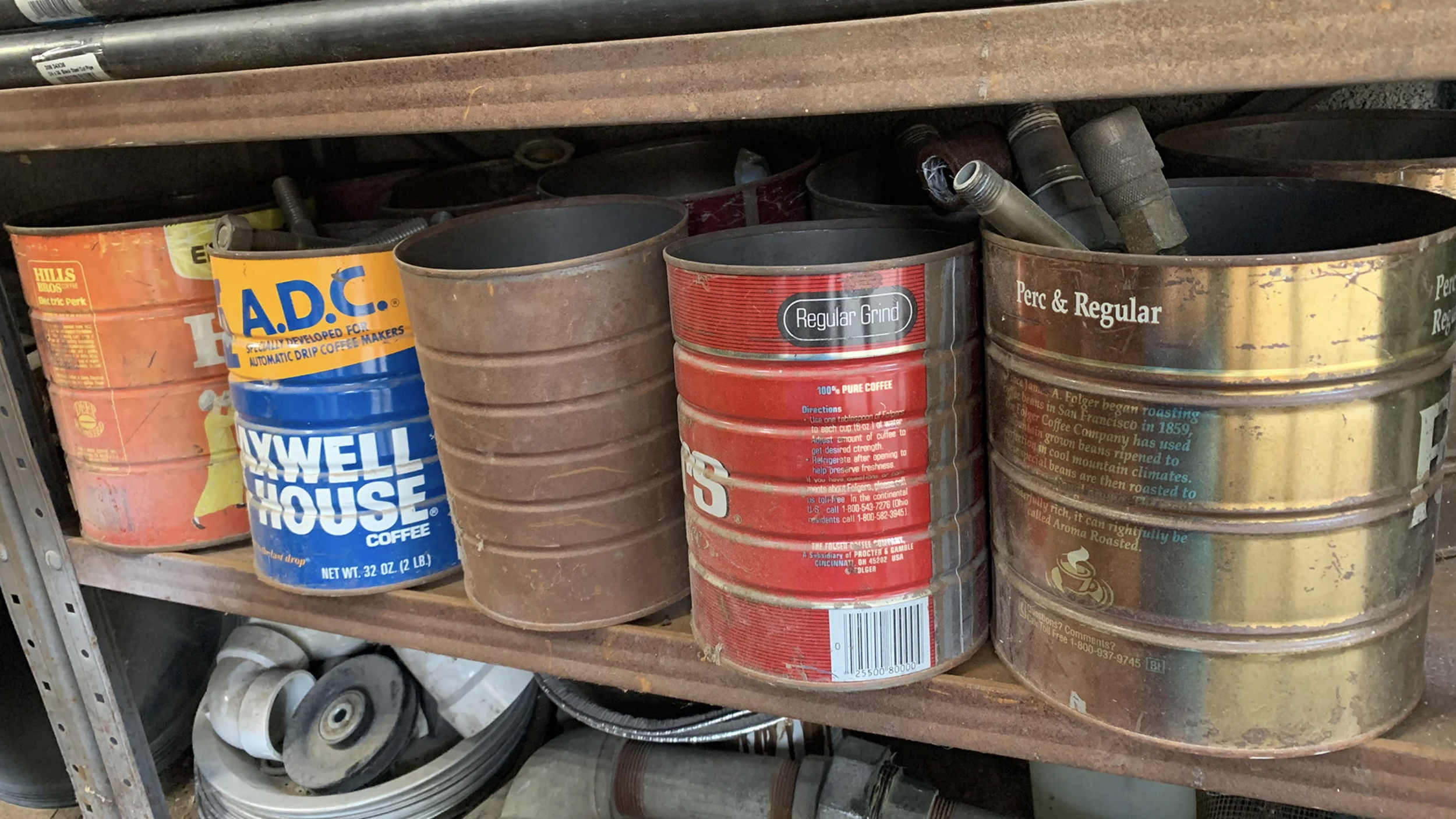Anisa Sahoubah
-
I immigrated with my family to the US in the late ’80s. I was five years old. We immigrated from Yemen. Those of you who are familiar— it's south of Saudi Arabia. And we were actually not living in the city. We were living in a really remote village called al-Riyashiyya.
And there were a couple of moments even back then where I was very much aware of not being able to understand what was happening around me. My first memory of that was at the airport when I heard English being spoken, and I remember thinking, “These people talk so fast! I can't decipher when a sentence begins and ends.” I was aware of that even back then.
And then my other memory early on is when I was in the first grade and I didn't speak the language yet very well. I was at home with my parents and they didn't speak the language. We immigrated to the Southend of Dearborn, for those of you who are familiar with it. You know, [there are] a lot of immigrants in that neighborhood. So, I didn't really get the language before going to school. And I remember during Thanksgiving, the teacher asked us to bring canned goods. And the way this is connected is that when I think of language access, it's not just the language — it's everything else. It's context. It's frame of reference. It's all of those things, right? And where we come from, food drives, canned goods— that whole idea is not something we're familiar with. Of course, there's a lot of generosity that happens. You know, we cook food and we give it to people. Canned goods is not something that we are familiar with.
And I remember the teacher telling us, you know, “We're having a food drive, bring canned goods.” “Bring cans” is what I heard. And all I knew was that in the middle of our tables, we had Maxwell House cans. And what we put in there were crayons, pencils, rulers, that a type of thing. So I just automatically assumed, “The teacher needs more cans.” So I got home and I told my parents, you know, “I need cans.” And I explained to them why. So we were sitting there, it was a family effort, we were emptying out the fava beans [laughter] and the chickpeas cans and I was really proud of myself. I had probably five or six cans.
And normally my father drives me to school. That morning I said, “I want walk to school so everyone can see that I have all of these empty cans.” So I got to school and I gave them to my first-grade teacher. And she asked me, “What's this?” And I said, “Well, they're cans. You asked for cans.” And I remember her calling the teachers out in the hallway and showing them my empty cans. And I was aware that they were making fun of me. I knew that. I didn't understand everything, but I knew that I did something quote-unquote “wrong.”
And then she said that she was going to throw them away. And I said, “No, those are my cans. I'm going to take them back home.” And so that was kind of my second memory of realizing I didn't know what was going on, and really being made to feel less than at the time. And I was almost six years old at that point. So, I'm glad you guys laughed. I laugh about it now. But that's what led me to doing the work that I'm doing now. Those things sound sad, but really they helped shape me.
Anisa Sahouba serves as the director of the Youth and Education Department at ACCESS, a nonprofit serving Michigan’s Arab American community. She spoke at a symposium held at the University of Michigan in November 2021 entitled “Translation and the Making of Arab American Community.” In this audio clip from the introduction of her talk, she tells the story of immigrating from Yemen to the United States with her family as a child. She shares early memories about the challenges of beginning to live her life in two languages and cultural contexts, including a confusing incident in her first grade class. Nowadays, much of her career is focused on promoting quality learning for Arab children in Michigan schools, in part by advocating for multilingual education options.

